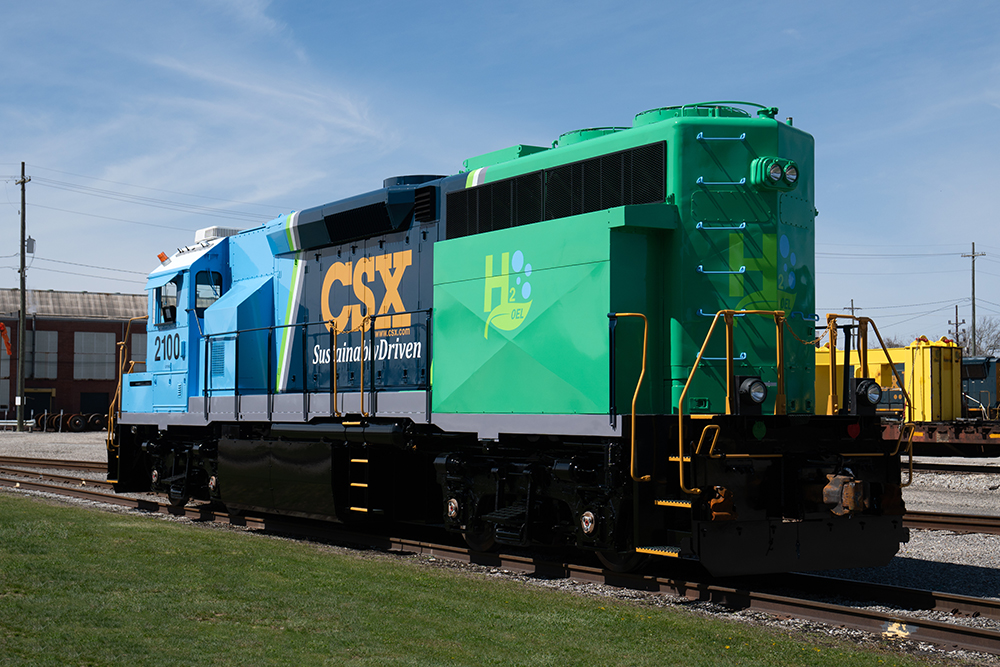Local and state elected officials from West Virginia, Pennsylvania, and Ohio have come together to form the Appalachian Leaders Network. Its mission is to collectively advocate for our natural resources, public health and enhancing local economies.
Local and state elected officials from West Virginia, Pennsylvania and Ohio have come together to form the Appalachian Leaders Network.
Its mission is to collectively advocate for the region’s natural resources, public health and local economies.
Del. Evan Hansen, D-Monongalia, is West Virginia’s network representative. He said this coaltion is needed for a region that’s too often ignored.
“It’s helpful for us in Appalachia to speak with one voice,” Hansen said. “It’s a part of the country that’s often overlooked by policymakers at the federal level. It makes us stronger to join together as bills get passed in D.C., but also as federal agencies implement new regulations that will have an impact here.”
Hansen said the group will build a regional coalition to support certain state and federal level policies regarding energy transitions, job creation, addressing climate change and protecting public lands and waters.
“We’re not doing enough to attract clean energy jobs and green manufacturing jobs,” Hansen said. “We’ve taken some positive steps, which I’m very appreciative of and support. But there’s a lot more jobs that are being created, especially with programs through the Bipartisan Infrastructure Law and the Inflation Reduction Act. We need to be as proactive as possible to attract more manufacturers to West Virginia that are going to succeed in a low carbon future.”
Hansen said West Virginia has taken positive steps recruiting greener businesses like Form Energy and Nucor Steel, but must do more to attract clean energy and manufacturing jobs.
“There’s certain climate change policies and regulations coming out at the federal level, like a new methane rule that’s going to address major methane emissions from the oil and gas industry,” Hansen said. “That’s an example of how we in Ohio, Pennsylvania and West Virginia can advocate together to get a rule that’s going to significantly help us reduce greenhouse gas emissions, while at the same time keeping our oil and gas industry healthy.”
Hansen said scientists have been refining their models, and the data show there’s not a lot of time to act to avert the worst impacts of climate change.
“We’re already seeing what the models have predicted in West Virginia with really strong rainfall events and more frequent flooding that has killed people and destroyed communities,” he said.
Hansen said the network’s plan is to get the word out to other legislators in the region, along with county commissioners, mayors and city councilors to develop a variety of skill sets. He said it’s vital for West Virginia to be proactive.
“The challenge for Appalachia and West Virginia is that a lot of those environmental actions impact industries that have provided great jobs for people in the coal industry,” Hansen said. “Unless we’re actively participating in this transition, we’re going to be left behind as less and less coal is mined and burned to generate electricity.”
